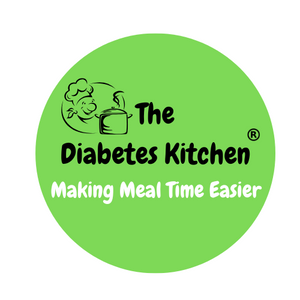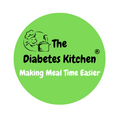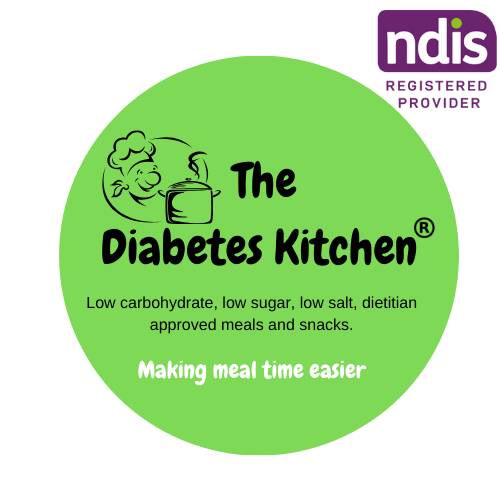Low-fat foods are often marketed as healthier options, especially for those trying to lose weight or manage heart health. However, there are several problems and misconceptions associated with low-fat foods that can impact overall health:
1. Added Sugars and Artificial Ingredients
- To compensate for the reduction in fat, many low-fat foods add sugar, artificial sweeteners, or other flavor enhancers to improve taste and texture. This can lead to increased calorie consumption and may contribute to weight gain, diabetes, and other health issues.
2. Nutrient Absorption
- Fat is essential for the absorption of fat-soluble vitamins such as A, D, E, and K. Consuming low-fat versions of foods may reduce the absorption of these vital nutrients, potentially leading to deficiencies over time.
3. Reduced Satiety
- Fats play a key role in providing a sense of fullness or satiety after eating. Low-fat foods may leave people feeling less satisfied, leading to overeating or snacking between meals, which can negate the calorie reduction benefits of low-fat foods.
4. Impact on Hormone Production
- Healthy fats are crucial for hormone production, including hormones that regulate metabolism and appetite. A diet low in fat can disrupt hormonal balance, potentially affecting energy levels, mood, and reproductive health.
5. Misleading Health Perception
- Foods labeled as "low-fat" can give the impression that they are inherently healthy, leading people to consume larger portions without considering other nutritional aspects like sugar content or overall calorie count.
6. Taste and Satisfaction
- Fat contributes to the flavor and mouthfeel of food. Low-fat products often lack the taste and texture of their full-fat counterparts, which may lead consumers to seek satisfaction elsewhere, often choosing unhealthy snacks or additives.
7. Increased Risk of Certain Health Issues
- Some studies suggest that very low-fat diets can be associated with an increased risk of metabolic syndrome and may not provide sufficient protection against heart disease. This is because not all fats are harmful; unsaturated fats are actually beneficial and necessary for heart health.
8. Potential Over-Reliance on Processed Foods
- Many low-fat foods are highly processed to remove fat and improve taste, texture, and shelf life. A diet high in processed foods can lead to other health issues, such as inflammation, due to the consumption of artificial additives and preservatives.
Low Fat Foods That Are Low In Nutrients
- Low fat sweetened breakfast cereals. In some ways, breakfast cereals appear to be a healthy way to start your day. ...
- Low fat flavored coffee drinks. ...
- Low fat flavored yogurt. ...
- Low fat salad dressing. ...
- Reduced fat peanut butter. ...
- Low fat muffins. ...
- Low fat frozen yogurt. ...
- Low fat cookies.
Tasty Low Fat Foods
- Leafy greens like kale, spinach, arugula.
- Vegetables like broccoli, cauliflower, cabbage, and mushrooms.
- Fruits, beans and legumes and sweet potatoes.
- Whole grains including farro, bulgur, spelt, quinoa.
- White fish, chicken breast, low-fat dairy and egg whites.
Conclusion
While low-fat foods can have a place in a balanced diet, it's important to focus on the quality of the food rather than just its fat content. Incorporating healthy fats from sources like avocados, nuts, seeds, and olive oil is essential for overall health. Reading labels and understanding what goes into low-fat products can help make better dietary choices that support long-term well-being.





